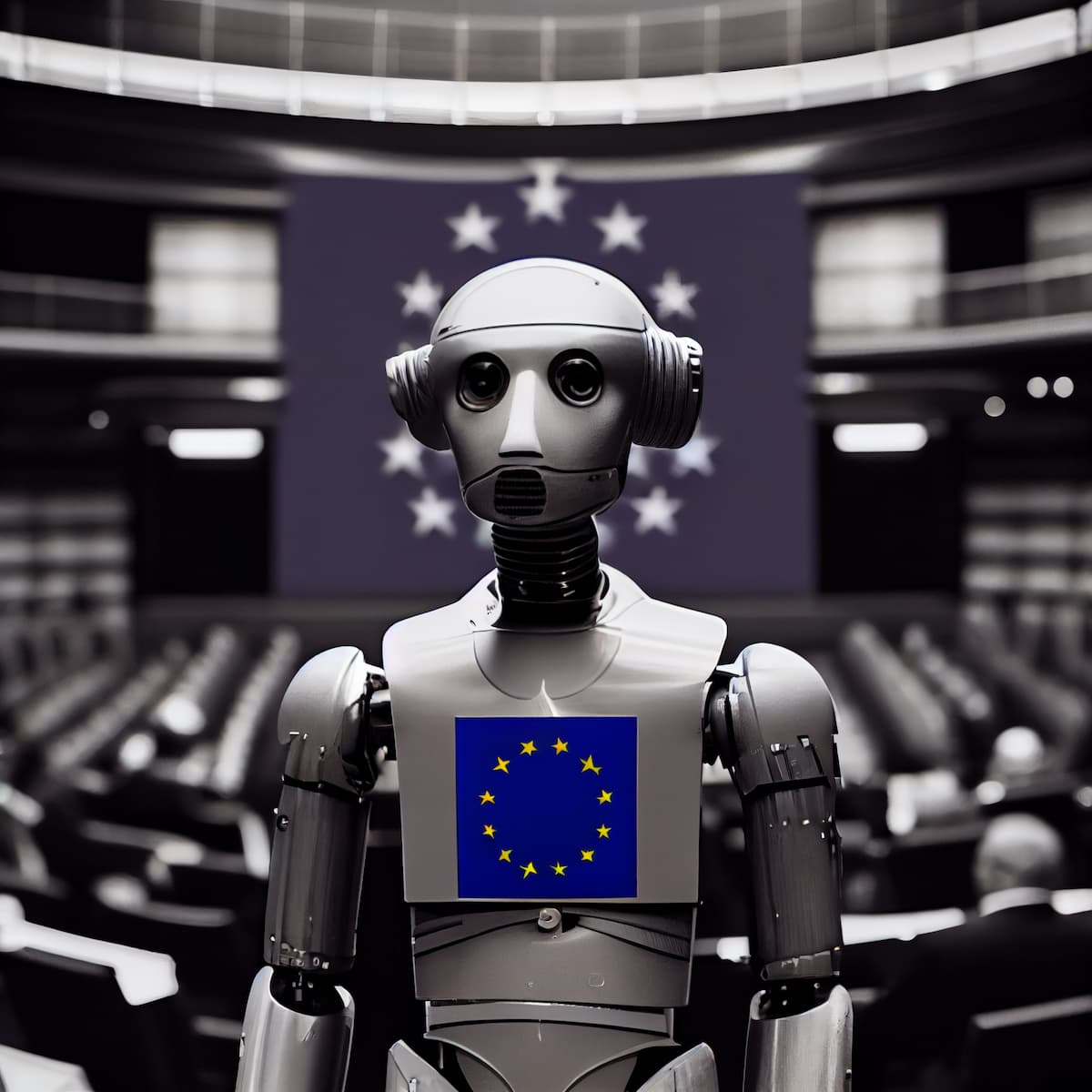The European Union's plans to regulate artificial intelligence (AI) have hit another roadblock after lawmakers failed to reach a consensus on basic proposals, according to sources familiar with the matter.
Dispute over Balancing Fundamental Rights and Innovation in AI Regulation
The highly-anticipated AI Act is expected to be put to a vote at the European Parliament in March, but the recent five-hour meeting in Brussels ended with lawmakers unable to agree on a set of basic principles. At the center of the dispute is the need to balance fundamental rights such as data privacy and democratic participation with avoiding stifling innovation and investment in the sector.
Controversy Over Categorizing 'High Risk' AI Systems
One of the most contentious areas of debate is determining which AI systems should be classified as "high risk", such as those affecting a person's safety or violating fundamental rights. Those deploying these systems would be subject to strict transparency and scrutiny rules.
Tension Between Focus on Fundamental Rights and Innovation in AI Regulation
Greens MEP Sergey Lagodinsky commented on the issue, saying, "The obvious tension here is between the focus on fundamental rights, on the one hand, and those who say these necessarily conflict with innovation."
Negotiations Ongoing to Reach Strong Text in AI Regulation
A source at the European Parliament stated that negotiations are still underway to agree on a strong text. "The file is long and complex, MEPs are working hard to reach an agreement on their mandate for negotiations. However, there is no deadline or calendar on the next steps."








